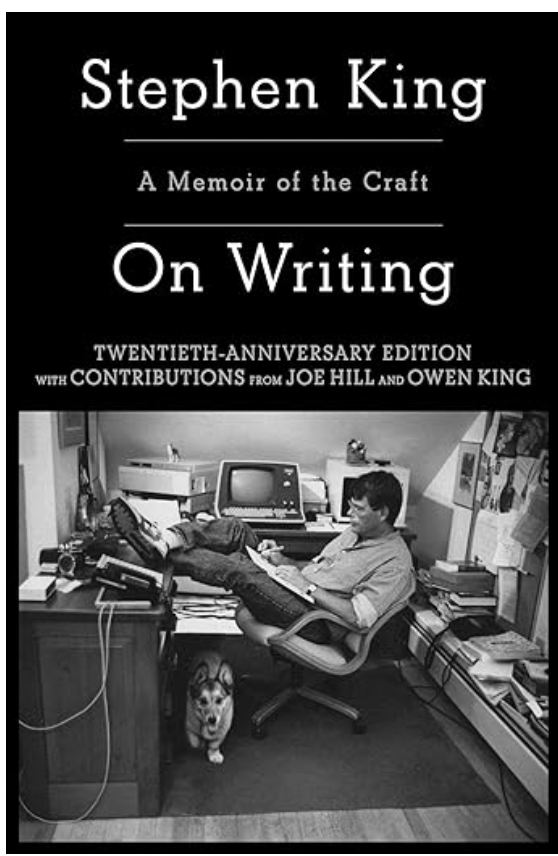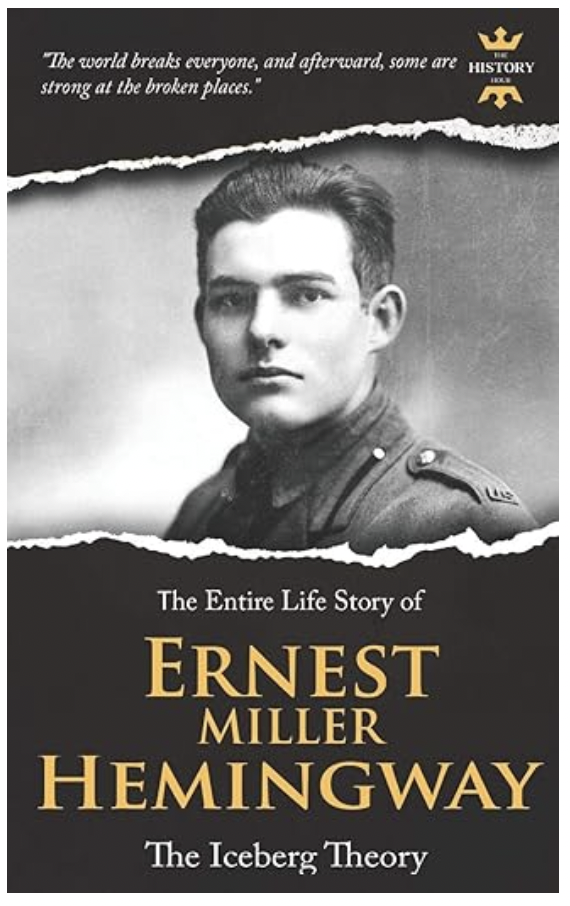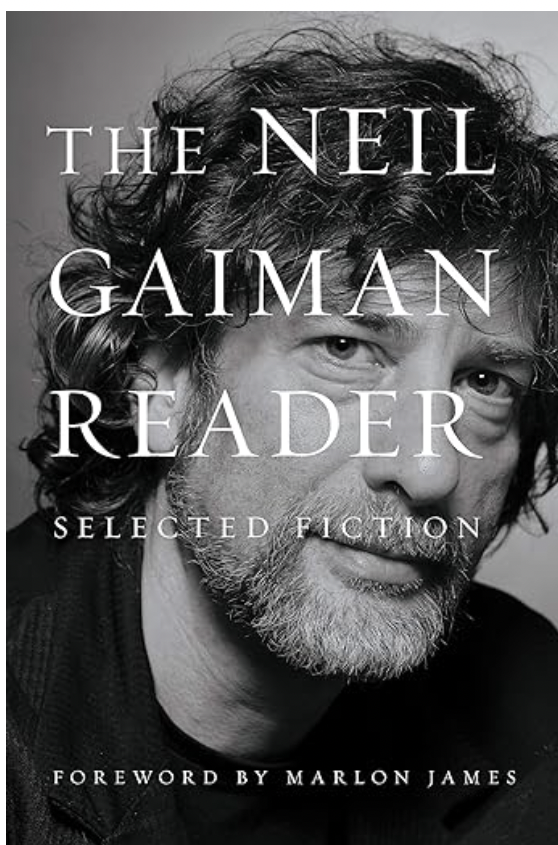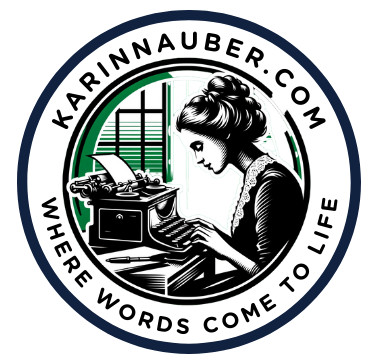There are writers I like to read and writers that I admire because of their power and grasp of the written word. Today, we are going to look at four famous authors and their thoughts on the different aspects of creative writing! We are going to look at Stephen King (my favorite), Ernest Hemingway, J.K. Rowling and Neil Gaiman.
Be ready to learn from the best!
Stephen King On Writing

Stephen King’s On Writing transcends mere instructional manual; it’s a treasury of wisdom forged over decades at the writing desk. King’s approach peels away the layers of the writing process, exposing practical truths that resonate deeply. He dispels the myth of waiting for inspiration, asserting, “Amateurs sit and wait for inspiration, the rest of us just get up and go to work.” This underscores the discipline needed to treat writing not as a hobby, but as a daily practice integrated into one’s routine.
King also says, “If you want to be a writer, you must do two things above all others: read a lot and write a lot.”
That about sums it up doesn’t it?
Moving beyond the mechanics, King emphasizes the artistry of storytelling. He contends that vivid, evocative descriptions and meticulously crafted characters breathe life into narratives. This resonates with his advice to ‘Dig deep into your descriptions and understand your characters inside and out,’ highlighting the importance of creating immersive worlds that linger in the reader’s mind.
I enjoyed this book by King, but then I have enjoyed almost every single thing of his that I have read.
Ernest Hemingway and The Iceberg Theory

Ernest Hemingway, known for his economical prose and The Iceberg Theory, offers a contrasting yet complementary perspective. His minimalist style, characterized by lean, impactful sentences, encourages writers to convey more with less. Hemingway’s advice on simplicity echoes through his directive to “Write hard and clear about what hurts,” advocating for authenticity and emotional resonance in storytelling.
Hemingway’s approach to writer’s block—”Stop when you are going good and when you know what will happen next”—stresses the importance of momentum in writing. By planning ahead and pausing at strategic points, writers can navigate the creative process more effectively, avoiding the pitfalls of uncertainty.
Certainly a unique thought to me. When I am in the midst of writing, I try to get as much out of me as I can saving nothing for the next day. Hemingway’s approach would certainly make sense and would help prevent the dreaded writer’s block.
Hemingway’s Iceberg Theory, also known as the theory of omission or the theory of understatement, is a writing style he developed to create powerful, evocative prose. The theory suggests that the deeper meaning of a story should be implied and hinted at rather than explicitly stated. Much like an iceberg, where only a small part is visible above the water while the majority lies beneath, Hemingway believed that the true essence of a story—its emotions, themes, and implications—should be submerged, subtly influencing the reader’s interpretation.
Hmmm, seems there is more to the Iceberg Theory than first meets the eye!
J.K. Rowling and Planning

J.K. Rowling exemplifies meticulous planning and world-building in her Harry Potter series. Her methodical approach, documented in detailed notebooks filled with character biographies and plot outlines, underscores the foundation necessary for crafting expansive narratives. Rowling’s assertion that “I just write what I wanted to write. I write what amuses me. It’s totally for myself” underscores the importance of personal connection and authenticity in storytelling.
Honestly, I have not read any of the Harry Potter books although I did enjoy watching the movie adaptations with my children and later, my grandchildren.
Neil Gaiman on Embracing Our Own Voice

Neil Gaiman champions the exploration of personal narratives and the courage to embrace one’s unique voice. His encouragement to “Tell your story; don’t try to tell the stories that other people can tell” celebrates individuality in storytelling. Gaiman’s advocacy for risk-taking and learning from mistakes resonates deeply, urging writers to venture beyond their comfort zones to discover new creative territories.
In essence, the wisdom of these literary giants converges on several key principles: discipline in daily practice (King), precision and authenticity in writing (Hemingway), meticulous planning and personal connection (Rowling), and the courage to explore and innovate (Gaiman). By embracing these insights, writers can enrich their craft and create narratives that resonate profoundly with readers.

